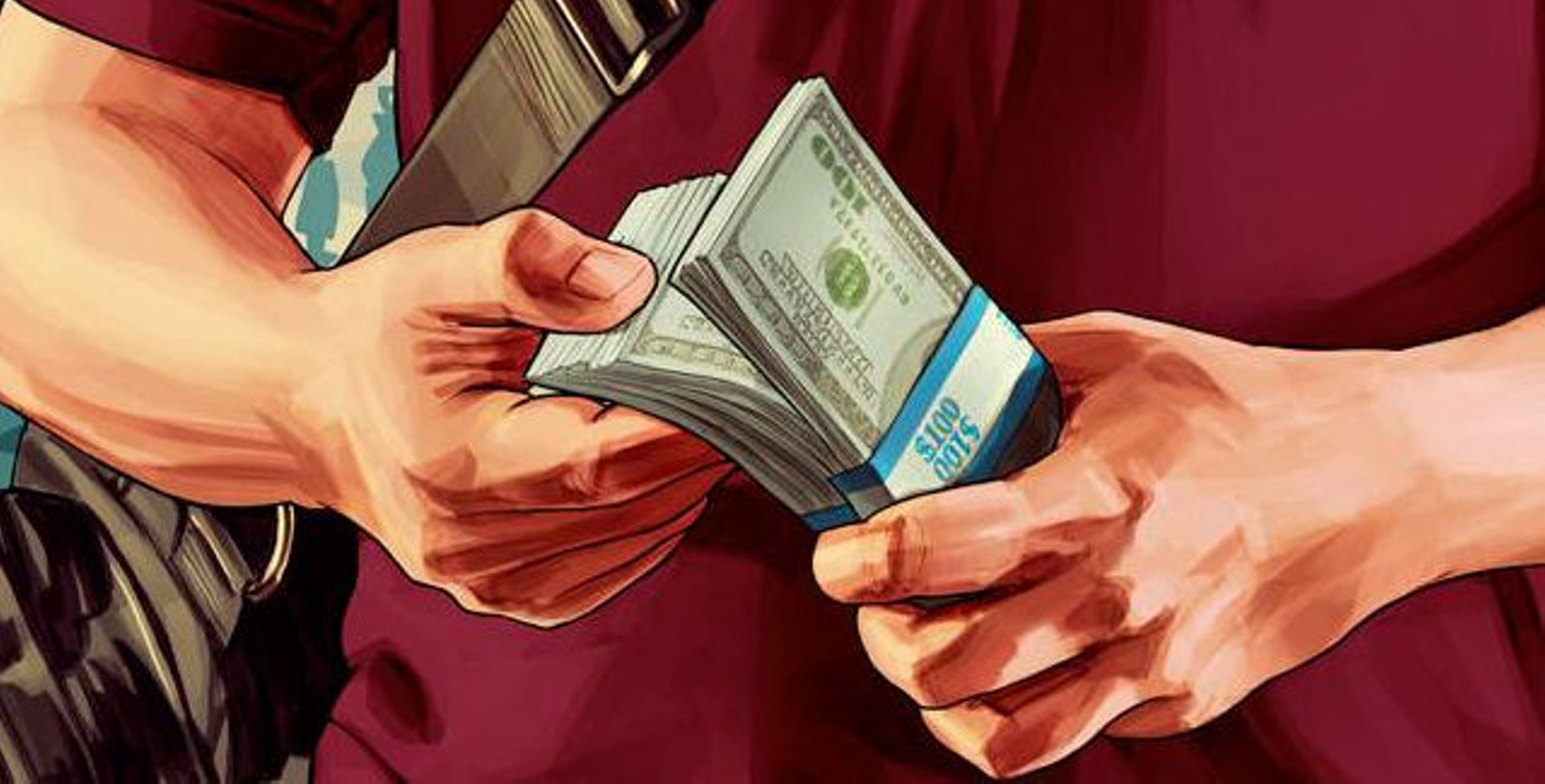Take-Two boss says Grand Theft Auto games rake in so much money, making a GTA movie isn't even worth the hassle
Grand Theft Auto 6 is coming, but don't hold your breath waiting for a Grand Theft Auto Hollywood blockbuster.

Two of the biggest bits of videogame news to come along this week were Nintendo's announcement of a live-action Zelda movie, and Rockstar's promise of a proper Grand Theft Auto 6 reveal in December. That might naturally lead your wandering thoughts to wonder when Take-Two Interactive will get around to making the Grand Theft Auto-based Hollywood blockbuster that's such an obvious, almost obligatory, project.
I'm sorry to say that you probably don't want to hold your breath waiting: Take-Two CEO Strauss Zelnick said during an investors call yesterday that the publisher isn't interested in chasing a big-screen GTA project because it's just not worth the effort.
If Take-Two financed a film or series itself, Zelnick explained, it would probably do pretty well on it financially as long as the show in question was a success—but the odds of that happening aren't great. "[Films and television are] very difficult businesses," Zelnick said. "I've been in them successfully. They're super challenging. They're not what we do. We'd much prefer the risk/reward profile of the business we're in."
The alternative to that is licensing the Grand Theft Auto property to other people and taking a cut of whatever profits are generated from the films they make. But under those terms the payoff simply wouldn't be worth the bother, even if the film was a big hit.
To put it in context, he said Mattel's licensing profits on the Barbie movie, which he described as an "extraordinary hit," are expected to be about $125 million. That's not nothing, but Zelnick said licensing fees Take-Two would earn on a GTA film would be "a fraction" of what it makes on its games (Take-Two reported net revenues of $1.3 billion in its most recent quarter, in case you were curious), and that's only if the film is a success—which, again, isn't likely.
"The hit ratios in the motion picture business are vastly lower than they are in the interactive entertainment business," Zelnick said. "Our hit ratios for console properties are in the 80% or 90%. The hit ratio for a well-run movie studio is around 30%, which is to say there's a 70% chance that the movie that we license could fail.
"And so in success, the number, in terms of the benefit to our bottom line ... it's not zero, but it's not really material to what we do around here. And in failure, we run the risk of compromising the underlying intellectual property."
Keep up to date with the most important stories and the best deals, as picked by the PC Gamer team.
That's the other potential downside of chasing film projects: If your movie tanks badly, it leaves an eau de flop around the entire property. It makes me think of the Max Payne film from 2008, which thankfully doesn't come up in conversation much anymore. Can we say that box office bomb is the reason the Max Payne series has been moribund for more than a decade? No, of course, but it sure didn't do it any favors, either.
I'm well aware of how much money the game industry generates but even so, as a videogame oldster the notion that blockbuster film projects aren't worth aggressively pursuing anymore kind of boggles my mind. It wasn't all that terribly long ago that Hollywood was where the real fame and fortune was to be found, and now here we are giving it the small-peanuts brushoff. How things have changed.

Andy has been gaming on PCs from the very beginning, starting as a youngster with text adventures and primitive action games on a cassette-based TRS80. From there he graduated to the glory days of Sierra Online adventures and Microprose sims, ran a local BBS, learned how to build PCs, and developed a longstanding love of RPGs, immersive sims, and shooters. He began writing videogame news in 2007 for The Escapist and somehow managed to avoid getting fired until 2014, when he joined the storied ranks of PC Gamer. He covers all aspects of the industry, from new game announcements and patch notes to legal disputes, Twitch beefs, esports, and Henry Cavill. Lots of Henry Cavill.

